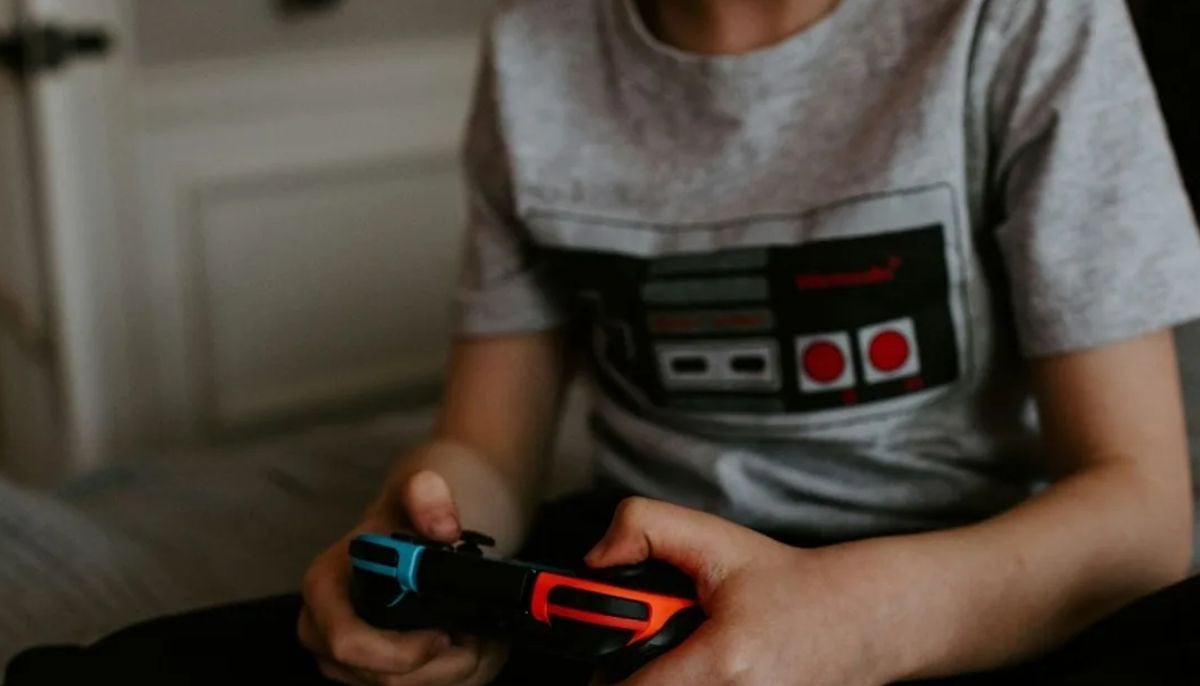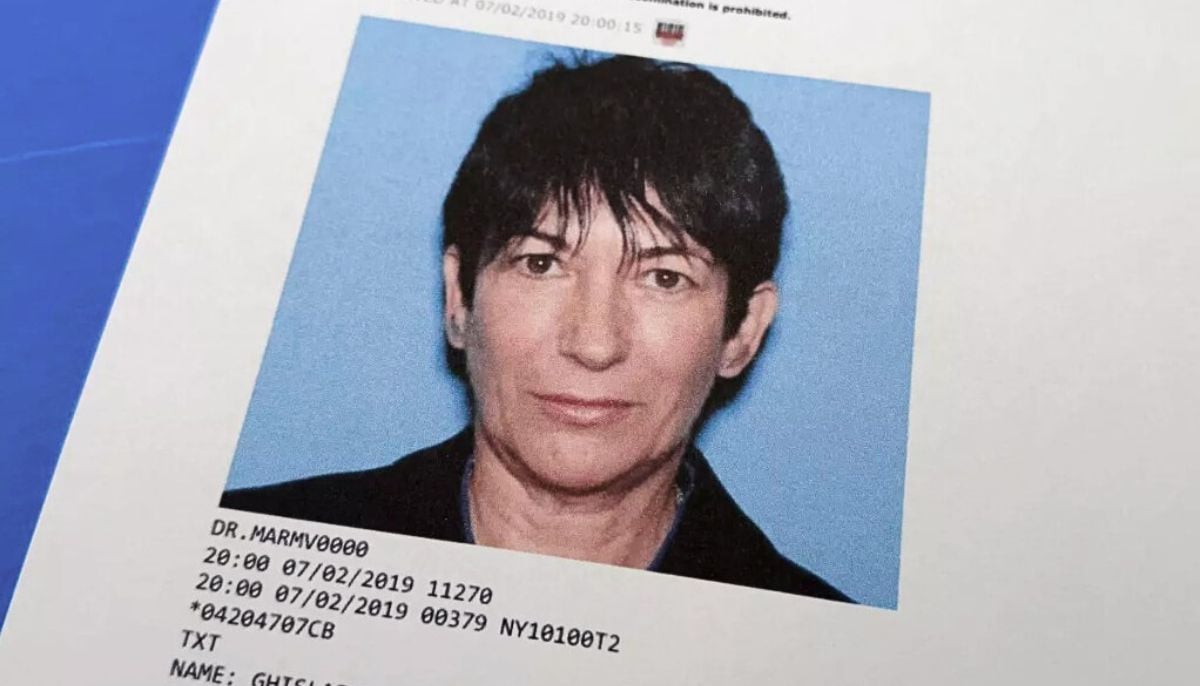MUMBAI: Adolescent girls in the Mumbai slum of Dharavi are battling the daily challenges they face, one mobile app at a time.
Tutored on laptops donated by friends of Nawneet Ranjan, a filmmaker who set up a charity in Dharavi, the girls are embracing technology to confront issues ranging from their safety to garbage in the sprawling slum in India's biggest city.
"Girls and women suffer the most in a slum, as they often have no resources and are not aware of their rights," said Ranjan, who studied filmmaking in the United States before returning to Mumbai.
"I wanted to teach the girls how to use technology to get ahead," he told the Thomson Reuters Foundation in a bare room that serves as the classroom. About two dozen girls were seated on the floor, tapping at laptops or reading.
The girls are building apps they hope will be used by slum dwellers to make their lives easier - by allowing them to send a distress call if a woman is being harassed, a message to civic authorities when garbage needs clearing, or to receive an alert when it's their turn at the communal water tap.
India is one of the world's largest software services exporters. Global and local technology companies hire tens of thousands of English-speaking college graduates every year at modern campuses in cities such as Bengaluru and Hyderabad.
The spare room in Dharavi where Roshani, Ansuja, Sapna and Nahek learned to code is a far cry from those glass-and-chrome offices and from global movements such as Girls Who Code and Girls in Tech, aimed at getting more women into technology.
Ranjan's Dharavi Diary project began with 15 girls. It has grown to more than 200 now, and includes boys and mothers of the children, as well.
"I like building apps. Knowing how to use a computer, to write code is important for getting a good job," said Ansuja, a slight and articulate 15-year-old.
"I want to build an app that can help fight child labour, because these are children younger than us and instead of studying, they have to work," she said.
After school every day, there are lessons in maths, science and arts besides computers, and a game of football most evenings in the playground across the street. During the summer holidays, children stream in and out of the brightly-painted room all day.
Indian Prime Minister Narendra Modi has made girls' education one of his priorities, with a nationwide campaign.
-
Trump announces he is sending a hospital ship to Greenland amid rising diplomatic tensions
-
Trump announces a rise in global tariffs to 15% in response to court ruling, as trade tensions intensify
-
Savannah Guthrie mother case: Police block activist mom group efforts to search for missing Nancy over permission row
-
Shawn Levy recalls learning key comedy tactic in 'The Pink Panther'
-
Sarah Pidgeon explains key to portraying Carolyn Bessette Kennedy
-
Inside Nicole 'Snooki' Polizzi's 'private' marriage with husband Jionni LaValle amid health scare
-
Germany’s ruling coalition backs social media ban for children under 14
-
Quinton Aaron reveals why he does not want to speak to wife Margarita ever again











